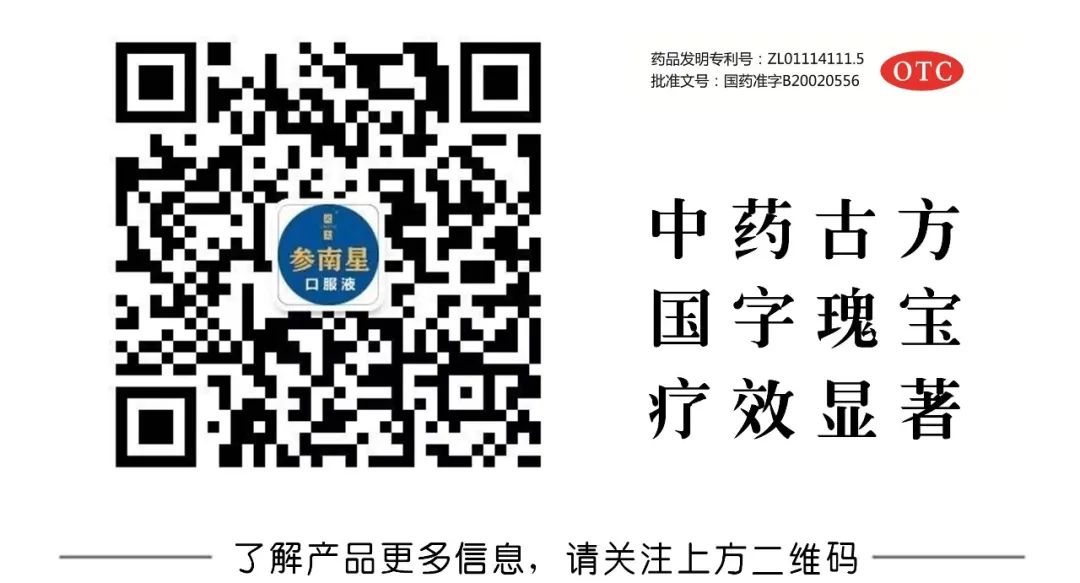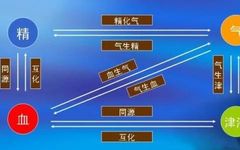

First, let’s take a questionnaire:
1. Do you feel heat in your palms and soles? ☑2. Do you feel heat in your body or face? ☑3. Is your skin or lips dry? ☑4. Are your lips redder than those of most people? ☑5. Do you often experience constipation or dry stools? ☑6. Is your face often flushed or red? ☑7. Do you feel dryness in your eyes? ☑8. Do you sweat easily with slight exertion? ☑Note: If the majority of your answers are the same or very close to the standard answers, you can be diagnosed with:
Yin Deficiency Constitution
1. What is Yin Deficiency Constitution?
Yin deficiency refers to the pathological phenomenon of deficiency in essence, blood, or body fluids. The physiological activities of the human body should maintain coordination and balance, which is referred to in TCM as “Yin-Yang balance.” “Yin deficiency” is one manifestation of Yin-Yang imbalance. Since essence, blood, and body fluids are all considered Yin, it is termed Yin deficiency, commonly seen in patients after prolonged illness or heat diseases that lead to the consumption of Yin fluids.
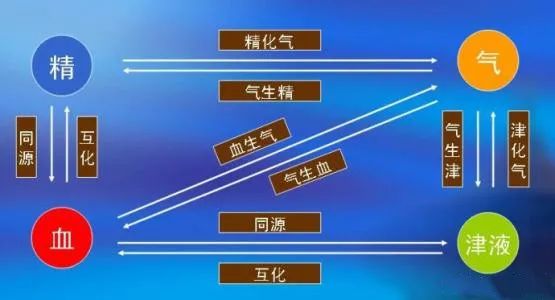
Due to Yin deficiency, fire cannot be controlled, thus excessive fire burns Yin fluids, leading to further deficiency, and both often influence each other. TCM believes that Yin fluids refer to all nourishing fluids in the body or the essence of the organs. In terms of the nature of fluids, they are thick and turbid, belonging to Yin, hence called Yin fluids. Blood, sweat, semen, saliva, etc., are all considered Yin fluids. Water belongs to Yin; if Yin fluids are insufficient in the body, it is like a spring without rain and dew, akin to land without irrigation. The body will then produce a series of dryness and heat-related symptoms, leading to various diseases.Yin deficiency constitution is more common in the elderly, menopausal men and women, and middle-aged individuals under significant mental stress, lack of sleep, or excessive energy consumption..2. Characteristics of Yin Deficiency Constitution
1. Physical Characteristics: Slim physique. Individuals with Yin deficiency have strong stomach fire, can eat and drink well, but their metabolism is fast, and they do not gain weight regardless of their intake; they have a lean body with loose muscles.
2. Skin Characteristics: Dull skin, dry skin, brittle hair, and flushed or red cheeks. Those with Yin deficiency lack skin moisture, resulting in dryness and poor complexion.
3. Upper Respiratory Tract Symptoms: Frequent dry mouth and throat, prone to internal heat, and often experience oral ulcers with a red tongue.
4. Dietary Habits: Food lacks flavor, prefers cold foods, and experiences frequent hunger.
5. Sleep Patterns: Often feels anxious and has insomnia, with many dreams at night. Individuals with Yin deficiency have internal heat affecting the heart, often feeling chest discomfort, unstable emotions, difficulty concentrating, and prone to nightmares and insomnia at night.
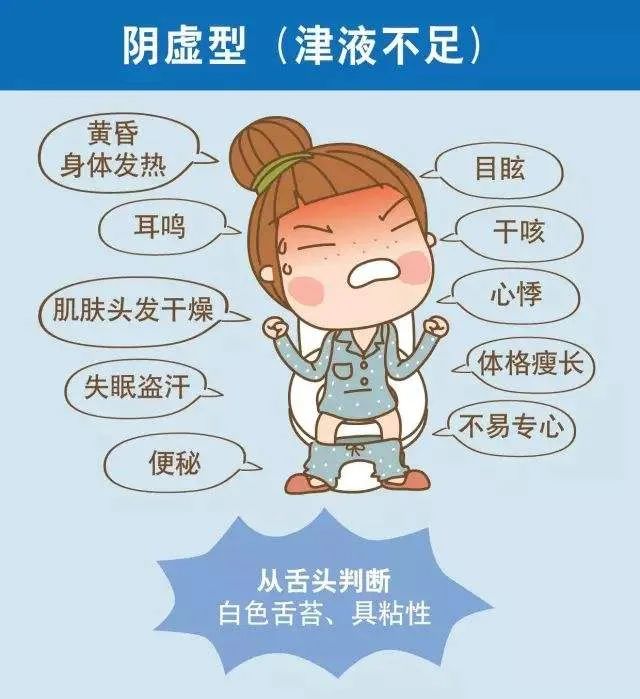
6. Internal Heat Symptoms of Yin Deficiency: Palms and soles easily feel hot and sweaty, body heat in the afternoon, and occasional night sweats. Individuals with Yin deficiency have strong internal heat, leading to “five hearts heat”; body temperature is normal, but palms and soles feel hot, even in winter.7. Emotional Characteristics: Easily agitated and irritable when encountering situations; prone to anger, likes to argue, and lacks patience, especially in summer.
8. General Symptoms: Dizziness and easy fatigue. Insufficient body fluids lead to poor nutrient transport, and excessive heat consumption results in weakness and dizziness.
9. Female Characteristics: Irregular menstruation, scanty periods, or even amenorrhea.
10. Urinary and Bowel Characteristics: Dark yellow urine, prone to constipation, and dry stools.
3. Manifestations of Yin Deficiency Constitution
Yin deficiency constitution can lead to an imbalance of Yin and Yang in the body, resulting in excessive liver fire, irritability, and causing dry skin and dry eyes. This constitution is relatively hidden and often overlooked.
A. Fever: Feeling heat in the body and face, and palms and soles often feel hot.
B. Dry Skin: Dry skin, with lips that are redder than others and very dry.
C. Constipation: Constipation or dry stools, often occurring.
D. Flushed Face: Frequent flushing of the cheeks or a face that appears redder than others.
E. Dry Eyes: Experiencing dry eyes and often feeling thirsty, always wanting to drink water.
4. Differentiation of Yin Deficiency Types
Yin deficiency can be seen in the pathological changes of multiple organ systems, with upper jiao Yin deficiency in the lungs; middle jiao Yin deficiency in the spleen and stomach; lower jiao Yin deficiency in the kidneys. Common types include lung Yin deficiency, heart Yin deficiency, stomach Yin deficiency, spleen Yin deficiency, liver Yin deficiency, and kidney Yin deficiency, with the symptoms of each organ serving as diagnostic criteria. Only by addressing the symptoms can the root cause be identified for better treatment and disease prevention.
I. Lung Yin Deficiency
Lung Yin deficiency refers to the consumption of lung fluids, leading to insufficient nourishment of the lungs, which cannot effectively distribute fluids throughout the body, resulting in clinical manifestations such as internal heat. The main symptoms of lung Yin deficiency include: dry cough without phlegm or with little sticky phlegm, blood-streaked phlegm, hoarseness, red tongue with little moisture, dry mouth and throat, weight loss, five hearts heat, night sweats, and flushed cheeks.
II. Heart Yin Deficiency
Heart Yin deficiency, also known as heart blood deficiency, refers to the deficiency of heart Yin, leading to insufficient nourishment of the heart and spirit, with common symptoms including palpitations, irritability, insomnia with vivid dreams, dizziness, forgetfulness, tidal fever, night sweats, red tongue with little coating, and thin rapid pulse, as well as modern medical conditions such as arrhythmia, neurosis, anemia, hyperthyroidism, and tuberculosis.
III. Stomach Yin Deficiency
Stomach Yin deficiency refers to insufficient stomach fluids, primarily caused by irregular eating habits and excessive consumption of spicy foods. Individuals with stomach Yin deficiency often experience lack of appetite, no desire to eat, and dry stools.
IV. Liver Yin Deficiency
Liver Yin deficiency refers to the loss of Yin fluids, leading to insufficient nourishment of the liver, with Yang not being restrained, resulting in internal heat disturbance, with main symptoms including dizziness, dry eyes, rib pain, and irritability. Also known as liver heat deficiency syndrome, it is often caused by Qi stagnation transforming into fire, liver disease, or the late stage of warm diseases damaging liver Yin, or kidney Yin deficiency. Common symptoms include dizziness, dry eyes, reduced vision, or subtle burning pain in the ribs, facial heat or flushed cheeks, or twitching of hands and feet, dry mouth and throat, five hearts heat, tidal fever, night sweats, red tongue with little coating, thin rapid pulse, irritability, and easy anger.
V. Spleen Yin Deficiency
Individuals with spleen Yin deficiency are often thin, experiencing dark yellow urine with a strong odor, dry stools, and constipation, along with weakness in the lower limbs.
VI. Kidney Yin Deficiency
Kidney Yin belongs to “water” and has a nourishing and moistening effect on various organs. If kidney Yin is weak, the organs will lose nourishment, leading to a series of diseases. Kidney Yin deficiency causes dryness and heat, easily leading to anger, while Yang deficiency results in shortness of breath, laziness in speech, and easy fatigue. Women often present with reduced menstruation or even early amenorrhea, while men may show symptoms of weakened physiological function.
Ling Tai® Ginseng Nanxing Oral Liquid
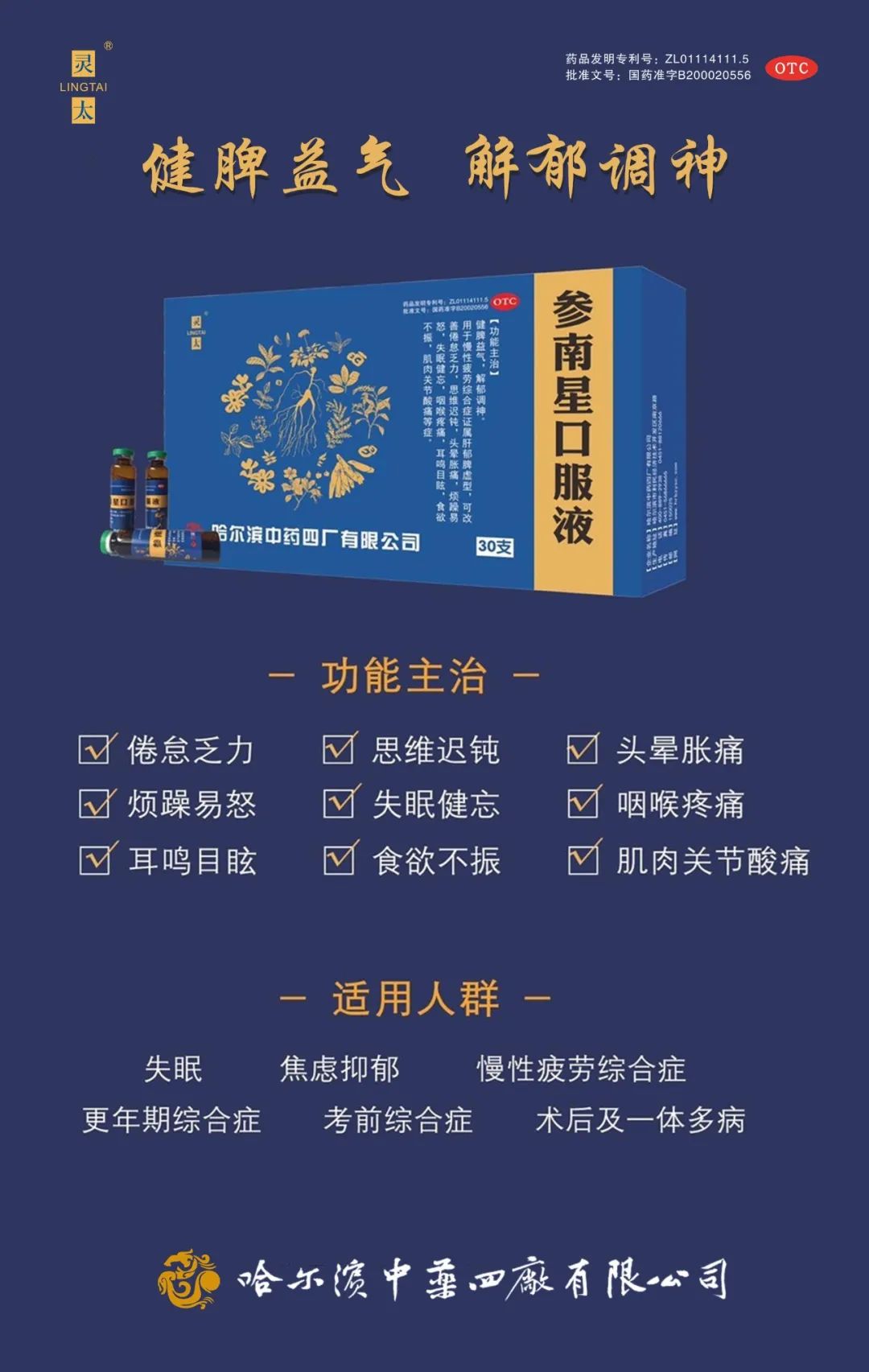
Note: Patients with Yin deficiency constitution may experience heat symptoms when taking Ling Tai Ginseng Nanxing Oral Liquid, so it is necessary to combine medications, such as with Zhibai Dihuang Wan, Liuwei Dihuang Wan, or Kunbao Wan.
– END –
Published by I Harbin Traditional Chinese Medicine Factory OTC Promotion Center
Edited by I Corporate Public Relations Department
Disclaimer I Please purchase and use this product according to the instructions or under the guidance of a pharmacist.
